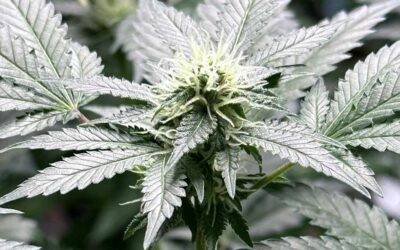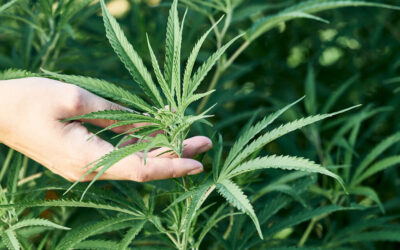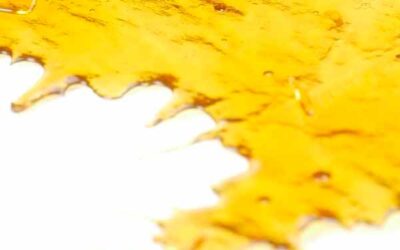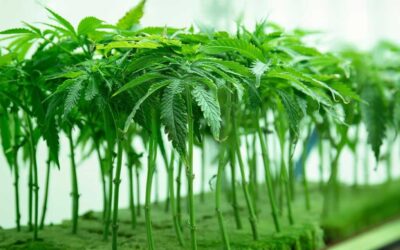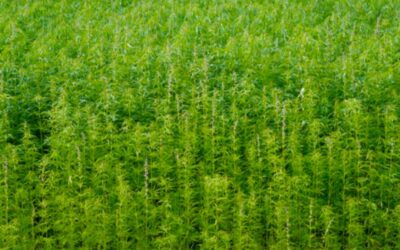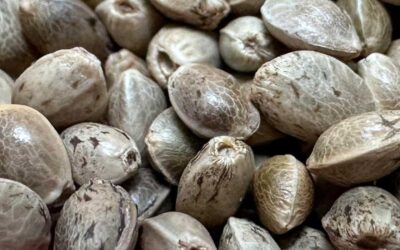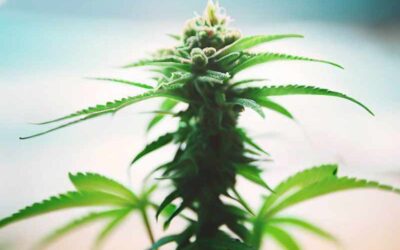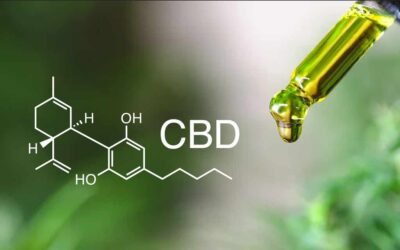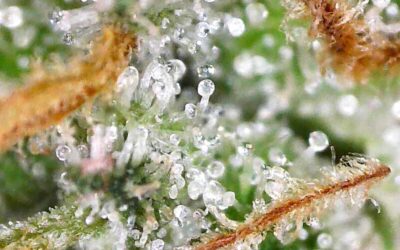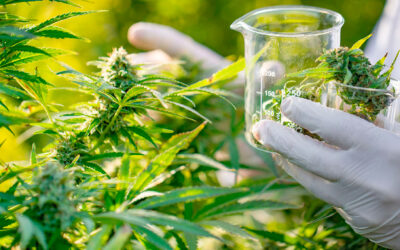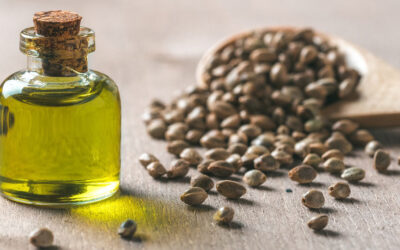
Hemp and Traditional Medicine
A Global Perspective
Hemp, a variety of the Cannabis sativa plant species, has been utilised for centuries in various traditional medicine systems across the world. Unlike its psychoactive counterpart, marijuana, hemp contains low levels of THC (tetrahydrocannabinol) and is valued for its rich profile of beneficial compounds such as CBD (cannabidiol). This blog post delves into the fascinating history of hemp in traditional medicine, exploring its applications across different cultures and time periods.
Hemp in Ancient Chinese Medicine
China has one of the oldest recorded histories of hemp use, dating back over 5,000 years. The Chinese Pharmacopoeia, Shen Nong Ben Cao Jing, mentions hemp as an essential medicinal plant. Ancient Chinese practitioners used various parts of the hemp plant for a multitude of purposes. Hemp seeds, known as “huo ma ren,” were utilised for their laxative properties to treat constipation and promote digestive health. Additionally, the leaves and flowers were used to alleviate pain and inflammation, highlighting hemp’s role in managing conditions like arthritis and menstrual discomfort.
Hemp was also incorporated into traditional Chinese treatments for psychological disorders. The plant’s calming properties were harnessed to treat anxiety and insomnia, a practice that is still relevant today as modern science explores the potential of CBD in managing mental health conditions.
Hemp in Indian Ayurveda
In India, hemp has been a cornerstone of Ayurvedic medicine for centuries. Known as “bhang,” hemp was traditionally used in a variety of formulations aimed at balancing the body’s energies, or “doshas.” Ayurvedic texts describe the use of hemp for its analgesic, anti-inflammatory, and anti-spasmodic properties.
Hemp was often used in the form of bhang lassi, a drink made from hemp leaves and seeds mixed with yoghurt, which was believed to boost digestion and enhance mental clarity. The plant’s seeds were also used as a general tonic, believed to strengthen the body and promote overall wellness. In contemporary Ayurvedic practice, hemp continues to be valued for its holistic benefits, contributing to treatments for a range of ailments from chronic pain to digestive disorders.
Hemp in Middle Eastern and African Traditional Medicine
In the Middle East, hemp has a storied history of use in traditional medicine. Arabic texts from the 9th century describe the use of hemp in treating a wide array of conditions, including epilepsy, migraines, and chronic pain. Hemp was also valued for its antiseptic properties, used in the treatment of wounds and infections.
African traditional medicine also recognises hemp for its medicinal benefits. In regions such as Ethiopia, traditional healers have used hemp to treat conditions ranging from gastrointestinal disorders to skin ailments. The seeds, rich in essential fatty acids, were often ground into a paste and applied topically to treat burns and infections. Additionally, the calming effects of hemp were employed to treat anxiety and sleep disorders.
Hemp in European Folk Medicine
Hemp’s use in European traditional medicine dates back to ancient Greece and Rome. Hippocrates, often referred to as the father of medicine, recommended hemp seeds for their nutritional benefits and their ability to alleviate digestive issues. The seeds were also used in poultices for their emollient properties and applied to soothe skin irritations and wounds.
During the Middle Ages, European herbalists used hemp to treat a variety of ailments, including arthritis, gout, and joint pain. Hemp oil, extracted from the seeds, was applied topically for its anti-inflammatory and analgesic effects. In many rural communities, hemp continued to be a staple in folk medicine, valued for its versatility and effectiveness.
Modern Revival and Scientific Validation
The resurgence of interest in natural and holistic medicine has led to a renewed focus on the medicinal properties of hemp. Modern research has begun to validate many of the traditional uses of hemp, particularly the role of CBD in managing pain, inflammation, and anxiety. Studies have shown that hemp oil is rich in omega-3 and omega-6 fatty acids, which are essential for maintaining cardiovascular health and supporting the immune system.
Furthermore, the anti-inflammatory properties of hemp have been supported by research, indicating potential applications in the treatment of chronic inflammatory diseases such as arthritis and multiple sclerosis. The neuroprotective benefits of CBD are also being explored, offering hope for conditions such as epilepsy and neurodegenerative diseases.
A Natural Remedy
The historical use of hemp in traditional medicine practices across the globe is a testament to its versatility and efficacy as a natural remedy. From ancient China to modern Europe, hemp has been a valuable asset in the medicinal toolkit of various cultures. As contemporary research continues to uncover the scientific basis for these traditional uses, hemp is poised to reclaim its place as a powerful and holistic therapeutic option.
Hemp’s journey through the annals of traditional medicine is a compelling reminder of the enduring wisdom of ancient healing practices and their relevance in our quest for natural health solutions today.
Sources:
The Pharmacopoeia of Traditional Chinese Medicine – Shen Nong Ben Cao Jing.
Chinese Medicine and Healing – TJ Hinrichs and Linda L. Barnes.
Ayurveda and Hemp – Dr. David Frawley.
Hemp in Ayurvedic Medicine – “Hemp Oil Benefits” by Ayurveda for Beginners.
Arabic Medical Manuscripts – Islamic Medical Manuscripts at the National Library of Medicine.
Hemp in African Traditional Medicine – “Indigenous Healing Practices in Africa” by John Mbiti.
Ethnobotany of the Ethiopian Flora – Zewdu Mebrat.
Hippocratic Corpus – Historical context of Hippocrates’ medical practices.
European Folk Medicine – “Herbs and Healers from the Ancient Mediterranean through the Medieval West” by Anne Van Arsdall.
Modern Research on Hemp – “Cannabis and Cannabinoid Research” by Mary Ann Liebert, Inc.











